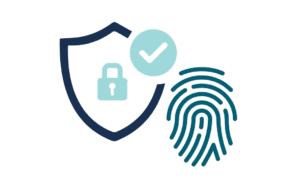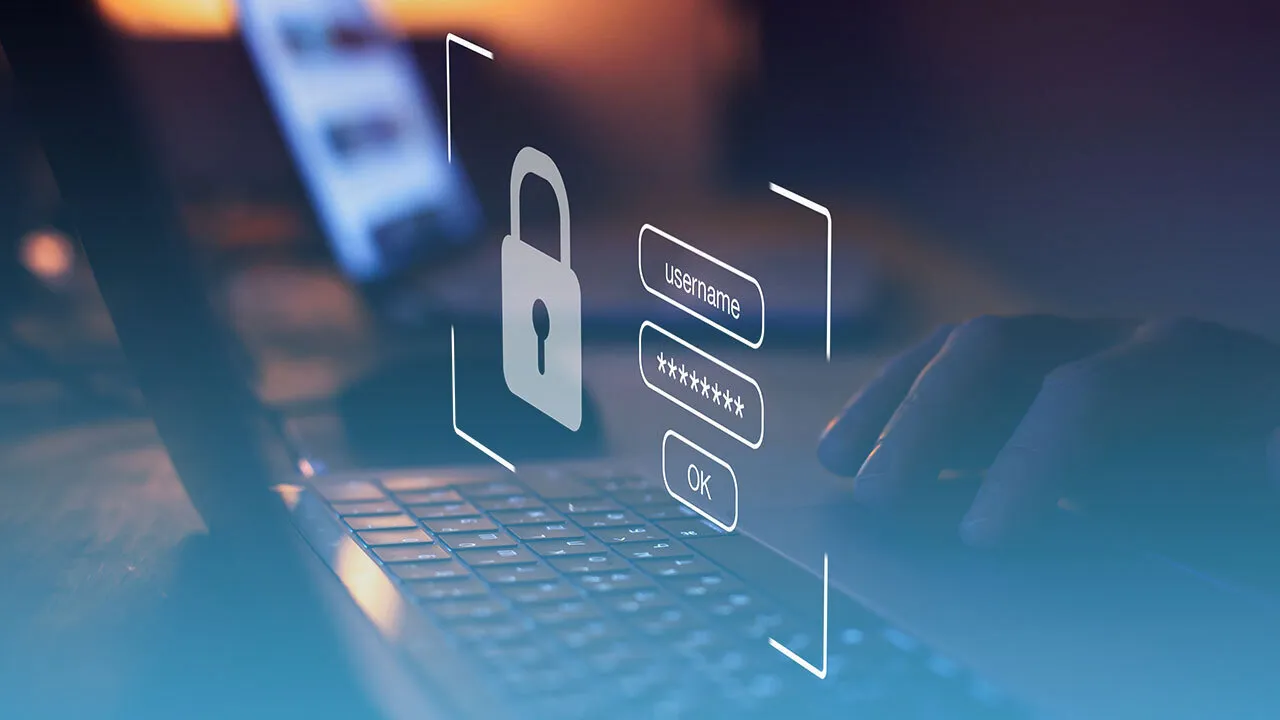Maintaining your digital literacy is crucial to your online safety. While the law around data privacy and reportable breach obligations for organisations is improving, cybercriminals are not bound by red tape, and will adjust and move faster than commercial technical progress and governments can.
At Phriendly Phishing, we recognise that navigating the complexities of online safety can bechallenging for many, especially those with less exposure to technology. To assist in this journey, we’ve curated a list of five essential practices for safeguarding yourself online, particularly pertinent for the increasing number of remote workers. Understanding and implementing Information Security practices at home is critical. Adding layers of protection, such as a VPN or multi-factor authentication, significantly reduces the risk of unauthorised access to your network.

1. Virtual Private Network (VPN): A VPN can assist in shielding your online activity by creating a tunnel between you and the VPN server encrypting your data, and masking your IP address – making it a bit more difficult for intruders to compromise your information. Ensure you use a reputable product, as they are not all made equally – check user reviews, and whether they have suffered a breach.
2. Multi-Factor Authentication: Elevate your security by utilising MFA for online accounts. This additional verification step fortifies your digital identity and helps safeguards your accounts. While cyber criminals are always finding ways around this roadblock, each barrier to your data helps to discourage them.
3. Public Wi-Fi &Hotspots: The security of public Wi-Fi and hotspots is typically minimal, presenting an easy opportunity for hackers to intercept sensitive information or to create an ‘evil twin’ network named similarly to the legitimate network, hoping people will connect and then potentially intercept sensitive information, such as login credentials, credit card numbers, or any other data transmitted over the network.
Strong passwords are the foundation of digital security. Moving beyond basic passwords to robust ‘passphrases’ can significantly hinder unauthorised access:
4. Passwords and Passphrases: The simplicity of common passwords like “Password” poses immense security risks. Adopting passphrases, which are both memorable and complex, can effectively thwart hacking attempts.
Finally, while social media connects us, it also exposes us to risks if not managed prudently. Controlling your digital footprint is a critical aspect of maintaining online safety:
5. Social Media Privacy: Always set your social media accounts to private to control who can view your content. Be very selective about the personal details you post, such as your location, travel plans, or personal information that could be exploited by cyber criminals. Remember, once something is online, it can be difficult to erase. Moreover, be wary of friend requests from unknown individuals as they could be potential scammers.
Everyone is entitled to respect, safety, and equitable opportunities in the digital world. By joining forces, we can champion a fair and secure online community.
If you want to learn more about our top five tips for staying safe online, check out our award-winning course catalogue and explore the range of great resources we have available.

